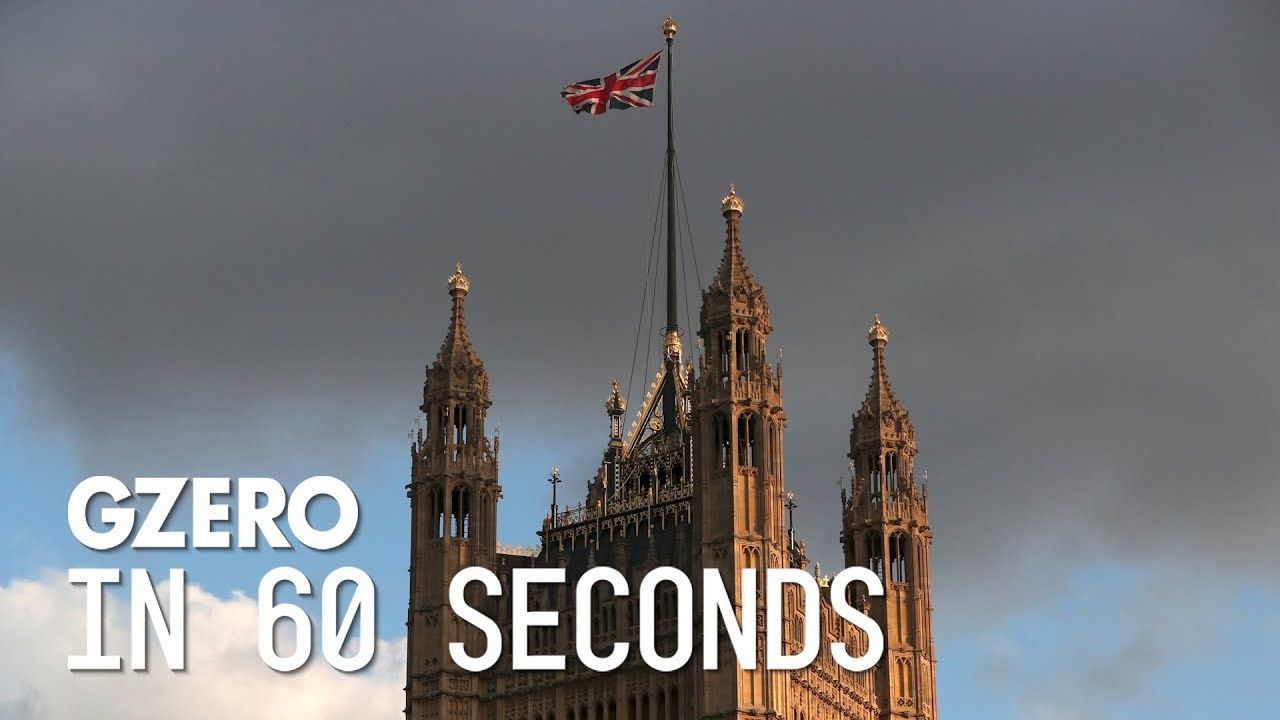In 60 Seconds
Will Parliament pass a Brexit deal on "super Saturday?"

Will Parliament pass a Brexit deal on "super Saturday?"

What will come out of this week's "super Saturday" sitting?
David Miliband: Firstly, please, let's never again use the phrase "super Saturday" to describe a sitting of Parliament. If it's a national emergency for us to meet on a Saturday, it can hardly be super. Now, we do not yet know whether or not Parliament will meet. If it does, it probably means that the Prime Minister, Boris Johnson, has got a deal with the European Union and wants to have it ratified.
If he hasn't yet got a deal because of ongoing discussions, then Parliament won't meet. If Parliament does meet, I would guess that there will be an amendment to the resolution supporting the deal, giving MPs the chance to vote for a referendum. The consensus view at the moment seems to be that that's still a few votes short, if there is a deal. But if there isn't a deal, there is more room to insist on the referendum. But the numbers are still fluid. If there is a deal, then obviously it seems more likely that there is a greater chance of the deal going through. But without wishing to sound like a stock record, anyone who tells you that they know what's going to happen five hours after now, rather than just five days, is kidding you.
What will come of this Saturday, "super Saturday," if indeed it happens?
Lord William Hague: We don't know at the time that I am speaking. Well, if Boris Johnson has a deal, my prediction is he would get it through. If he had a deal in principle, he would get a vote to indicate that the House of Commons agrees with that. They'd have a tight vote on whether it should be subject to a referendum. I think he would win that, as well. But of course, if he hasn't got a deal, well then, he's in very deep water, humiliated by having to ask for an extension anyway. That's Brexit In 60 Seconds.
Singapore was one of globalization’s biggest beneficiaries. Ian Bremmer looks at whether the city-state can survive in a world where the economic order that drove Singapore's rapid rise starts to unravel.
Think you know what's going on around the world? Here's your chance to prove it.
Xi Jinping has spent three years gutting his own military leadership. Five of the seven members of the Central Military Commission – China's supreme military authority – have been purged since 2023, all of whom were handpicked by Xi himself back in 2022.